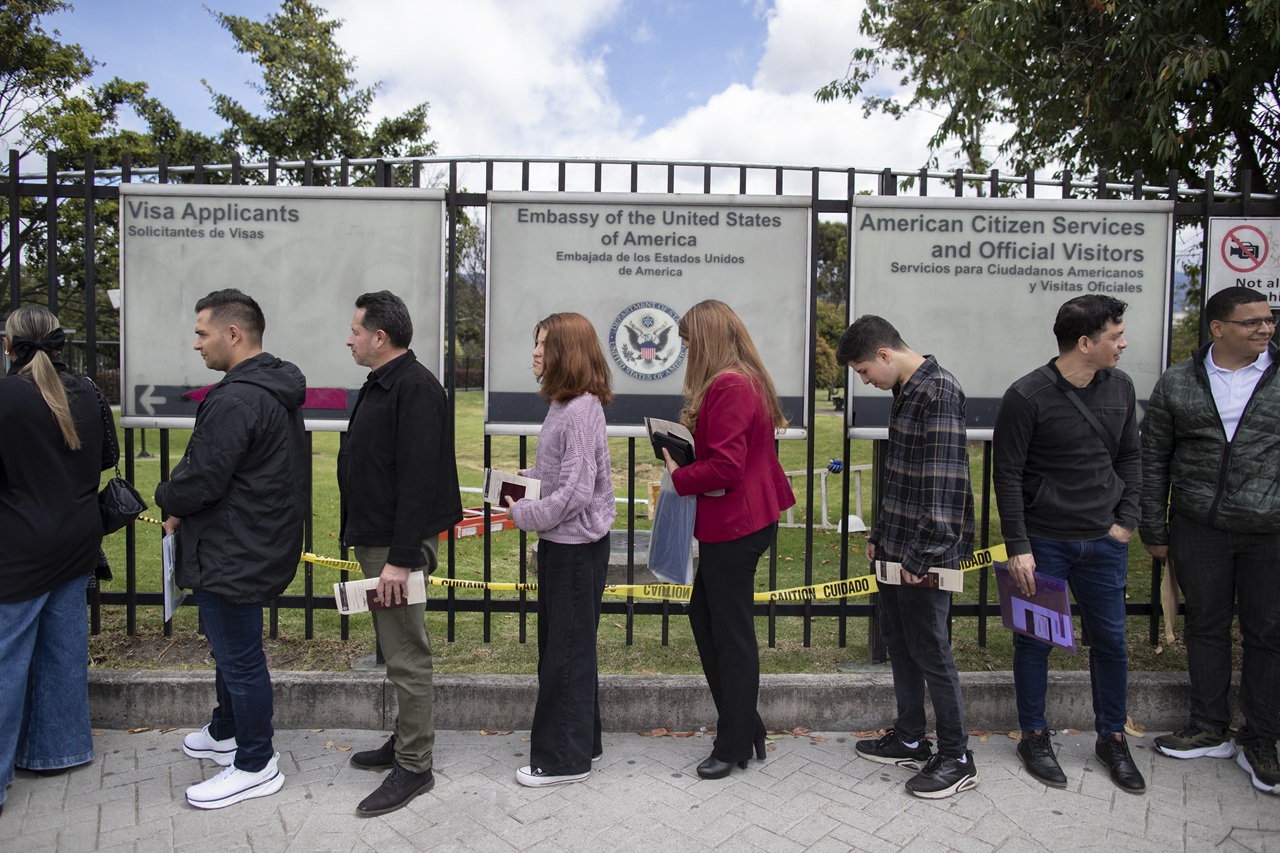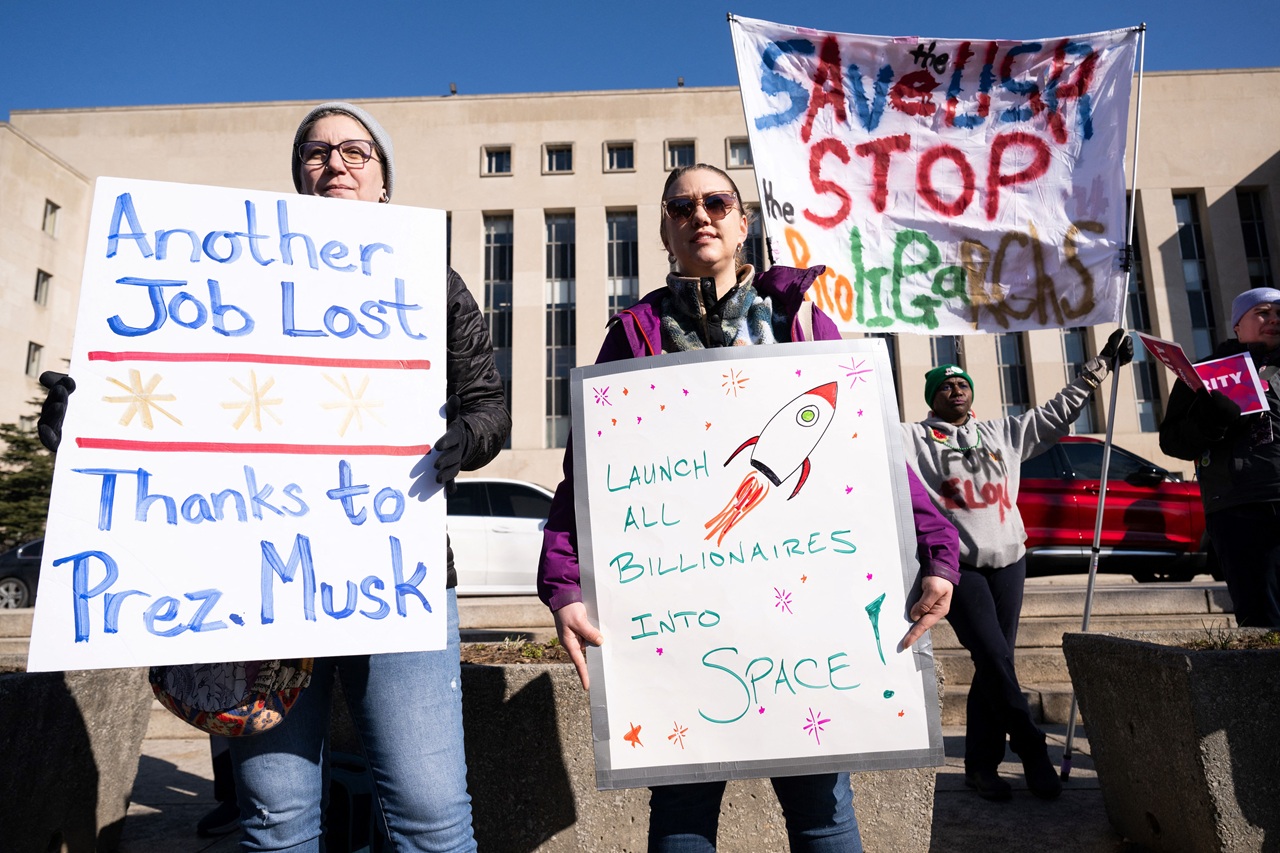
LGBTQ discrimination and Census 2020 are the decisions to be heard by the Supreme Court
With its conservative majority, the Supreme Court of the United States should hear several cases that include two communities often attacked by the Trump…
One of the most marked characteristics of the Trump Administration - among the infinity there is - is its constant battle with Federal Courts and Circuits of Appeals in its attempt to apply the law in an increasingly "conservative" manner.
Since the presidential decision to ban immigrants from Muslim-majority countries, until his last attempt to restrict asylum applications on the Mexican border, Donald Trump has set the tone for an Administration's ability to fight with teeth and nails when keeping an ideological agenda.
The president has even sued Congress as long as his financial records don’t come to light.
But between this wave of complaints and lawsuits, two key issues have reached the steps of the Supreme Court.
Remember when the president said that transgender soldiers were a "danger" to the Armed Forces?
Well, the Trump Administration used the legal vacuum contemplated in Title VII of the Civil Rights Act of 1964 - the section that prohibits employers from "discriminating on the grounds of race, color, religion, sex or national origin" - to openly discriminate against well-trained people for their gender identity.
This interpretation of the legal language has given rise to a great variety of similar cases, where individuals have been dismissed or rejected in their workplaces because of their sexual orientation, and three of them have reached the Supreme Court who will have to decide during next session in autumn.
Thanks to several federal disputes led by LGBTQ activists, the Supreme Court announced on Monday that it will hear three similar cases: one from New York, one from Georgia and another from Michigan, where the first two obtained a previous sentence that favors protection under the Civil Rights Act, as reported by the New York Times.
The Court's decision will put an end to the dispute between the Equal Employment Opportunity Commission and the Trump Administration in a matter that affects more than 2.2 million people in the country.
RELATED CONTENT
After the Department of Commerce announced last year the reinstatement of the question of citizenship in the Census 2020, pro-immigrant organizations nationwide have challenged the move, which will be debated in the Supreme Court on Tuesday.
The effect that the incorporation of the question would have on the population counting process has been measured by several investigations that, according to the Washington Post, have determined “will dissuade some residents of the United States, especially immigrants, from responding to the census."
The surveys showed that "only 35 percent of immigrants and 31 percent of Latinos trusted that the Trump Administration would protect this information," as Secretary of Commerce Wilbur Ross said a few months ago.
An inaccurate count in the population would "dramatically" affect political representation and federal funding for immigrant majority communities, consequently accentuating the country's division in terms of race and opportunities.
That is why several lawsuits filed by dozens of states, cities and activist groups led to previous federal decisions that determined "Ross's decision to include the question violated the procedures for adding new census questions under administrative law," NPR explained.
The Supreme Court must decide whether or not to limit the ability of this Administration to divide and separate the country based on its ideology.











LEAVE A COMMENT: